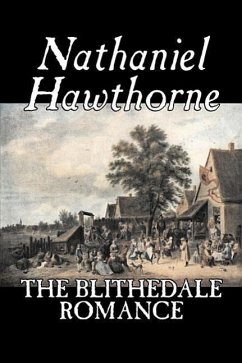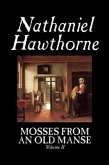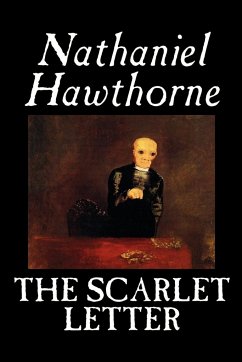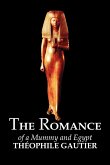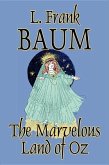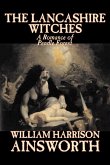"Ripley, with whom rests the honorable paternity of the Institution, Dana, Dwight, Channing, Burton, Parker, for instance -- with others, whom he dares not name, because they veil themselves from the public eye -- among these is the ability to convey both the outward narrative and the inner truth and spirit of the whole affair, together with the lessons which those years of thought and toil must have elaborated, for the behoof of future experimentalists. Even the brilliant Howadji might find as rich a theme in his youthful reminiscences of Brook Farm, and a more novel one -- close at hand as it lies -- than those which he has since made so distant a pilgrimage to seek, in Syria, and along the current of the Nile." "Someone of the many cultivated and philosophic minds which took an interest in the Brook Farm enterprise might now give the world its history."
Hinweis: Dieser Artikel kann nur an eine deutsche Lieferadresse ausgeliefert werden.
Hinweis: Dieser Artikel kann nur an eine deutsche Lieferadresse ausgeliefert werden.

